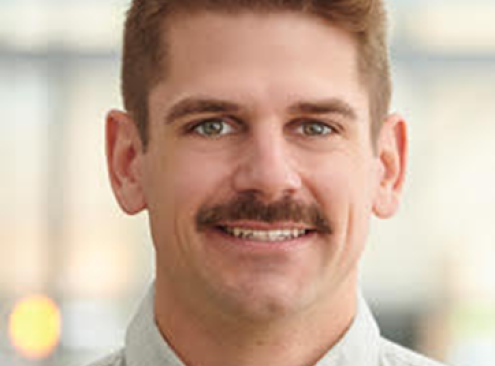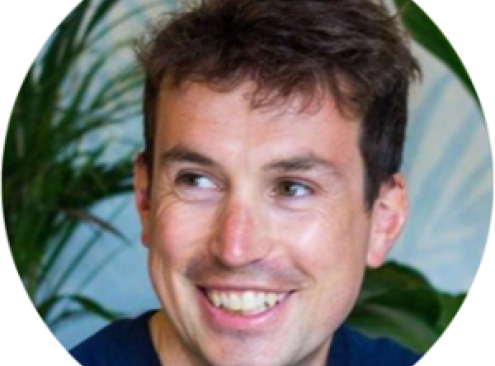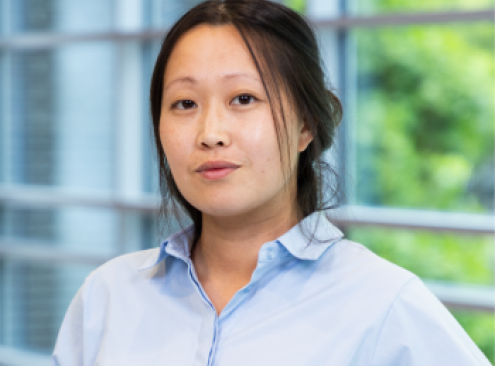© Pint of Science, 2025. All rights reserved.
Since the beginning of human life, we have been crazy curious about ourselves and other living organisms, how we work and how we can take advantage of what nature offers to make our lives easier and better. As time passed, our ability to explore the building blocks that compose living cells, and how to exploit this knowledge, has increased enormously. Our guest speakers for the evening will give you great examples of the extent and diversity of our advances in the study of life and biology: from the study of protein structure to better understand their function in sperm cell biology, to the ge…
Visualizing the building blocks of life - How cryogenic-electron tomography advances our understanding of sperm biology
Jonas Möcking
(Postdoctoral Researcher)
Cryogenic electron microscopy (cryo-EM) has revolutionized structural biology, a field that explores the three-dimensional arrangement of molecules that are at the center of all biological structures and processes. When applied to cells, it allows us to investigate these molecules in their native cellular environment. In combination with tomography – an imaging approach to capture a volume rather than a two-dimensional image – we visualize the complex and highly specialized biology of sperm cells in 3D. This enables us to explore and rediscover the sperm cells architecture at an unprecedented level of detail. Larger molecular assemblies are visible directly in the tomograms, like the motor apparatus that drives the beating of the sperm tail. Finer details require advanced image analysis tools. For instance, we compare mouse, boar and stallion sperm at the molecular level, revealing similarities but also some previously unnoticed differences. Ultimately, these findings help us to improve the cause of infertility, potentially leading to better diagnosis and treatment.
How cryogenic-electron microscopy and tomography work, how we apply it to sperm cells and what we learn about fertility will be discussed in this session.
How cryogenic-electron microscopy and tomography work, how we apply it to sperm cells and what we learn about fertility will be discussed in this session.

Better beef - engineering cells for cultivated meat production
Josh Flack
(Assistant Professor)
Cultivated or lab-grown meat is an emerging biotechnology with the potential to revolutionise food production from both an environmental and ethical perspective, but its development is held back by severe limitations of animal cells with respect to culture 'in vitro’. In his talk, Josh will discuss some of these challenges and explain how his group in the Biotechnology Department at TU Delft engineer cells with favourable properties for large-scale, cost-effective production of genuine meat products without the need for animal slaughter.

One to Three: how one cell can create a whole pancreas
Amanda Andersson-Rolf
(Postdoctoral researcher)
What if we could grow miniature versions of the human pancreas in the lab. How would we do it? Why would we want to do it? What could we use it for?
The pancreas is built of three types of cells that each serve a specific role. Together this allows the pancreas to help our body perform two very important functions: digest food and control blood sugar levels. How are these cells formed during organ development? Please join us to find out if the lab grown miniature versions hold the answer.
The pancreas is built of three types of cells that each serve a specific role. Together this allows the pancreas to help our body perform two very important functions: digest food and control blood sugar levels. How are these cells formed during organ development? Please join us to find out if the lab grown miniature versions hold the answer.

Map data © OpenStreetMap contributors.